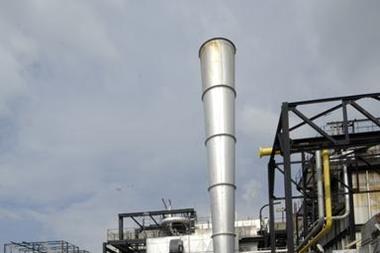Lord Justice Jackson’s preliminary report on costs in civil litigation in England and Wales
Lord Justice Jackson’s preliminary report on costs in civil litigation in England and Wales is one of the subjects of QBE’s Technical Claims Brief June 2009. In addition to LJ Jackson’s own views, the extensive report (over 1,000 pages with appendices) reflects the views of a large number of interested parties.
QBE’s Claims Brief says that at this stage very little has been ruled in or out of costs reform and the report sets the scene for phase two of the process which will involve a series of public seminars, collection of documentary evidence and responses to consultation questions. Stage 2 is due to be completed by 31 July with the final report due for publication in December of this year. QBE briefly summarises the more important of LJ Jackson’s preliminary views as follows:
• Conditional fee agreements or some other system of payment by results should remain.
• It may be in the public interest to remove insurance against adverse costs liability (ie after the event insurance).
• There is support for an expansion of the before the event insurance market (ie to provide funding for solicitors’ fees for policyholders rather than selling claims to solicitors in return for referral fees).
• An extension of fixed costs to cover fast track and even multi-track cases is considered.
• The possibility of raising the small track limit to £2,500 or £5,000 is considered.
• There is qualified support for the assessment of general damages using computer software to provide neutral evaluation.
• It is suggested that the pending reform of the motor personal injury claims process by the Ministry of Justice should be fitted in with the overall process reforms proposed (this would cause further delay to the implementation of the MOJ reforms).
QBE says that at this early stage it is not possible to predict which if any of the reforms discussed will eventually be implemented. There is clearly a desire to contain the costs of litigation (up 32% since the introduction of CFAs) but some commentators are already questioning whether the changes to legislation needed to implement genuine reform can realistically take place at a time of economic recession with a general election pending.

















